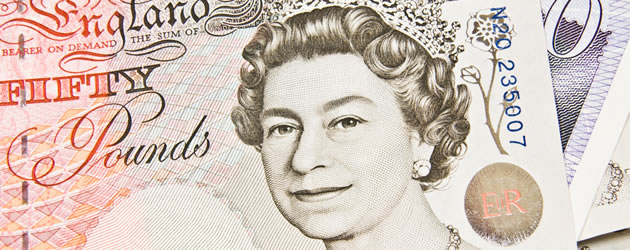The Euro to Pound Sterling (EUR/GBP) exchange rate was firmer on Tuesday as economists speculated that a British exit from the European Union could lead to calls for a new Scottish Independence referendum.
The Euro to Pound Sterling (EUR/GBP) exchange rate touched a session high of 0.7304
Scottish National Party (SNP) leader Nicola Sturgeon is due to deliver a speech to Brussels in which she is expected to call for the European referendum to require a double majority, which means that Scotland, England, Wales and Northern Ireland would have too individually back a ‘Brexit’. She is also expected to warn that a British exit from the EU could result in a backlash from Scottish voters and could lead to a clamour for another independence vote.
‘If Scotland were to be taken out of Europe, despite voting as a nation to have remained, it would provoke a strong backlash among ordinary voters in Scotland. I believe the groundswell of anger among ordinary people in Scotland in these circumstances could produce a clamour for another independence referendum which may well be unstoppable,’ Sturgeon is expected to say.
The uncertainty over what the consequences the referendum will create is a major factor for the Pound being under pressure today. Further losses were restrained as data showed that British mortgage approvals surged to a six year high in April.
Also restraining losses was a separate report published by Markit, which showed that activity in the UK’s construction sector improved in May, as builders grew more optimistic following the surprise general election win for the Conservatives. The construction PMI rallied to a reading of 55.9 in May from the 22-month low recorded in April.
Eurozone Inflation Improves
The Euro was also supported by data, which showed that inflation across the Eurozone improved more than forecast in May. The Eurozone consumer price index rose by 0.3% in May, up from the flat reading seen in April. The rise beat economist expectations for a rise of 0.2%.
Inflation in the service sector rose by 1.3%, up from 1.0% in April, while food, alcohol & tobacco prices rose by 1.2% (up from 1.0%). In addition, the prices of non-energy industrial goods rose by 0.3%.
Economists are now forecasting that the European Central Bank will upwardly revise its growth forecasts at Wednesday’s monetary policy meeting.
Greek bankruptcy would have gigantic consequences
Further gains for the Euro were held in check as economists continue to worry over the Greek crisis. With just three days remaining, until Greece has to repay €300 million to the International Monetary Fund (IMF) the rhetoric from both Athens and its creditors has intensified. German Chancellor Angle Merkel called an unscheduled emergency meeting last night to discuss the issue but the Greek government is warning that if it is not given an honourable compromise it could hold elections.
‘If a deal is achieved that is not deemed honourable and promotion of compromise, the people will have to be asked before we sign it,’ said Greek labour minister Pano Skourletis.
The crisis prompted Germany’s minister for Economic Affairs, Sigmar Gabriel to warn that if Greece goes bankrupt there would be ‘gigantic consequences for Europe’.



